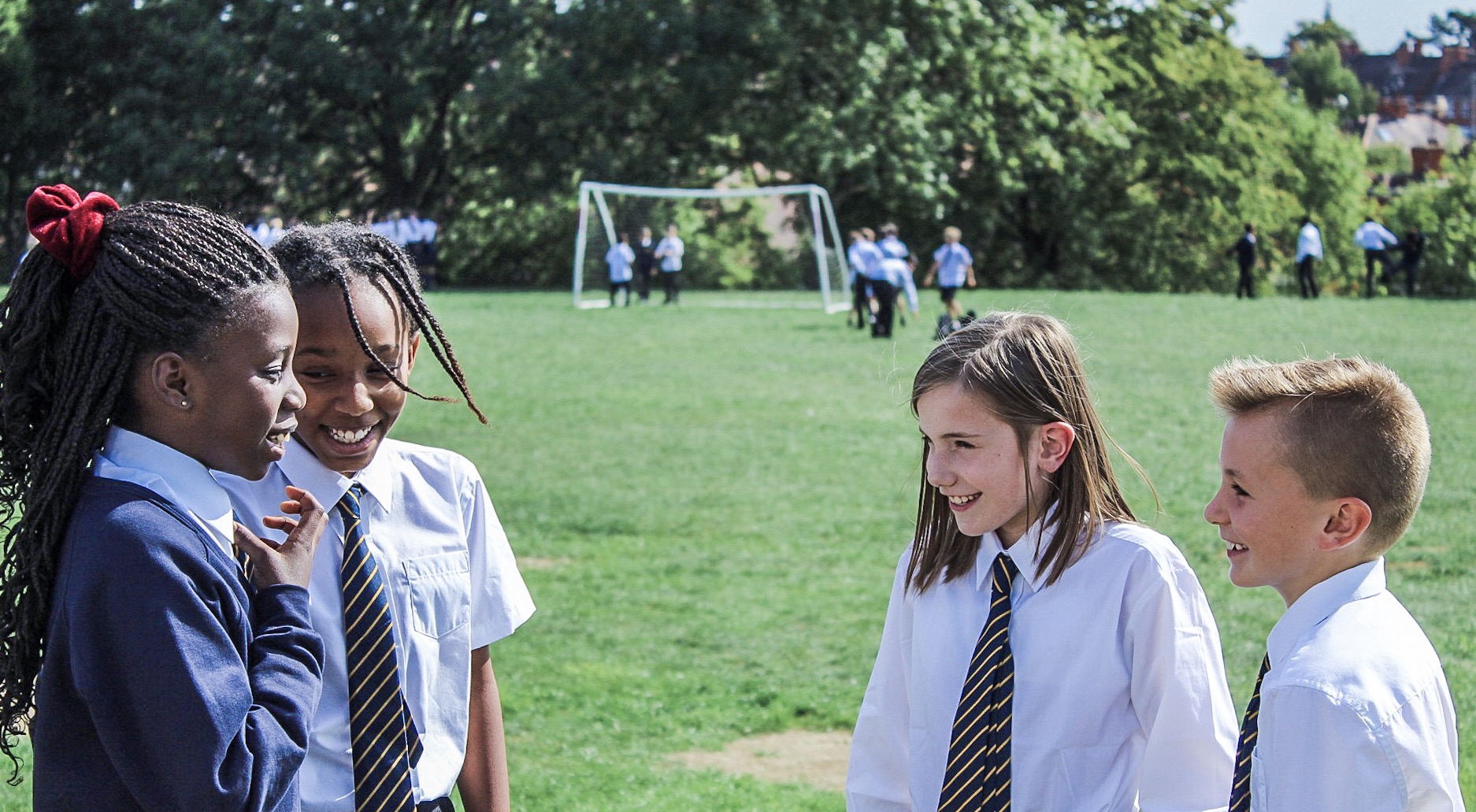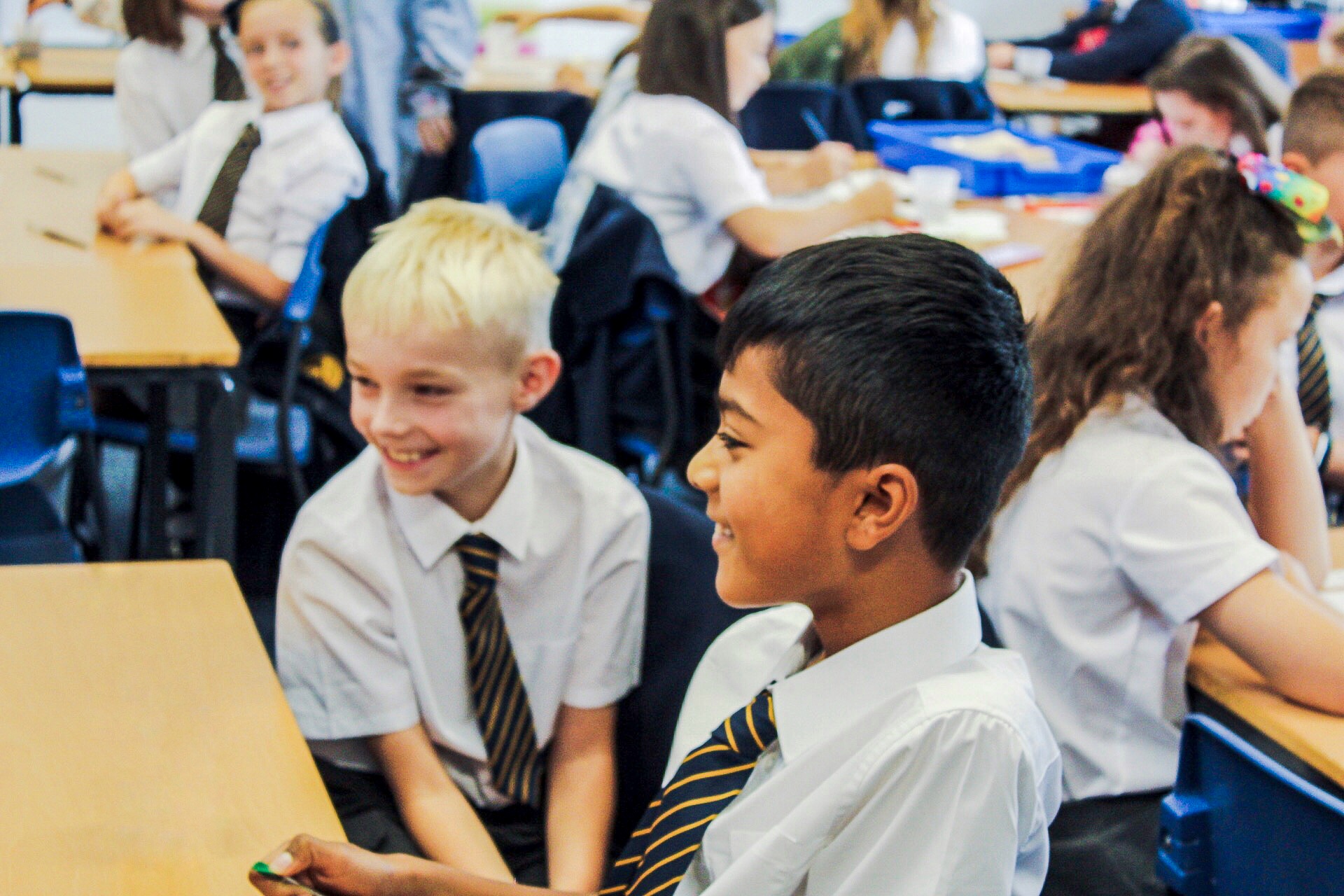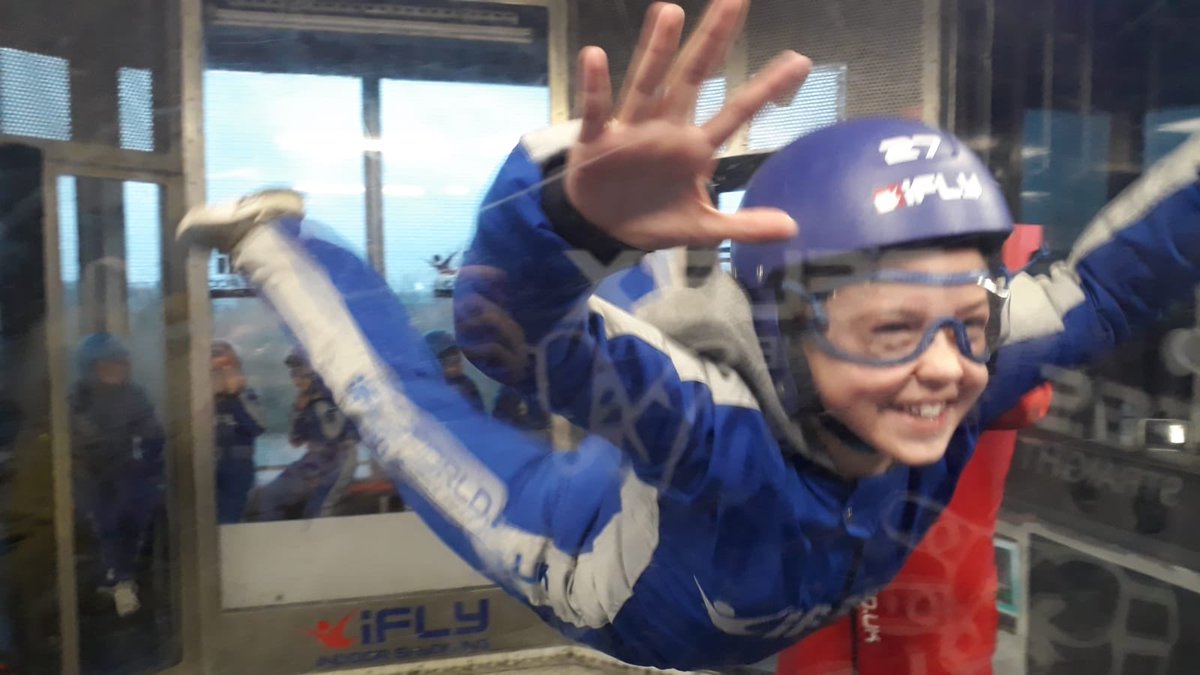Phase Three
Fun • Creativity • Achievement
Phase Three at Parklands Primary School
Phase 3: Years 5 & 6
Our Philosophy:
With secondary school around the corner for our learners, Phase 3 provides a robust and supportive learning experience that builds the foundations of independence and confidence that can be a driving force for them in their future education. We aim for our children to leave Phase 3 equipped with the academic knowledge and life experiences required to access later life with determination and success. Encouraging a love and positive culture of learning is an integral part of the ethos in Phase Three, and as part of this, learners at all stages are supported to find pleasure in challenge and be aspirational in their learning.
Reading continues to be a priority within Phase 3: children are encouraged to read widely for pleasure, and discuss their reading with others. Additionally, each class has a Class Read that they read together: every day, at the end of day, the class teacher reads to the children during ‘Book Time’ – a time where our children relax and lose themselves within a story. Both pupils and teachers relish this opportunity to read whole books, and our children gain many educational benefits from this time. We also take every opportunity to read throughout the wider curriculum areas, in order to develop valuable research and information gathering skills.
Spelling, Punctuation and Grammar (SPaG) is an integral part of the new curriculum and is a focus in Phase Three this academic year. SPaG is taught discretely during daily sessions and referenced throughout both English writing and reading sessions. During SPaG sessions, children experience progressively pitched SPaG objectives to ensure, by the end of Key Stage Two, they have full coverage of the curriculum expectations.
The strong core skills that our pupils gain in Reading, Writing & Mathematics, are utilised and given a context within a broad and creative curriculum. Phase Three offers the children a diverse range of exciting experiences, from becoming scientists or developing video games to the entrepreneurial experience of creating a product, marketing it and selling it in a Phase Three Enterprise event.
Our philosophy in Phase Three is that the children will be well-prepared to continue successfully into secondary education and beyond. To this end, we endeavour to include our six School Values throughout our curriculum to ensure that our pupils are role models for all of society. These are: respect. kindness, independence, determination, perseverance and aspiration. We take the time in our curriculum to study those that reflect these School Values and learn from them. Additionally, we ensure that our wider curriculum gives children memorable experience to learn from.
If you have any questions with regard to any part of your child’s experience in Phase Three, please do not hesitate to pop in and have a chat with me.
Mr Michael Hayes
Phase 3 Leader
A day in Phase 3
Each morning, the children start the day with focused and purposeful morning work. This can range from handwriting practise to reading for pleasure. During the morning, all year groups have English and Maths lesson that follows the same consistent structure throughout each year group.
Mathematics
Maths in Phase Three is taught through progressive, interactive lessons with lots of whiteboard work. Each session has a mental maths objective, main learning objective and a challenge objective which are referred to throughout the session. Teachers assess the learning of the pupils as individuals throughout the session and extend or consolidate the learning, where it is needed, to ensure each child makes good progress against the objectives. Every Monday, each class has an arithmetic session, which focuses on formal written methods for all four operations and operations with fractions. These sessions give the children a solid foundation in which to build on in other maths areas.
English
In English, the children study a genre-specific unit of work created by the teachers. This could be fiction-based stories in Year Six or non-chronological reports based on their creative curriculum topic in Year Five. To immerse the children in the genre, they will spend time exploring the genre and identifying genre-specific features, styles and vocabulary. Each unit ends with an independent Big Write, which gives the children the opportunity to show all they have learnt. Within each unit of work, the children will additionally have comprehension and text analysis reading sessions, looking at a variety of different texts, analysing them and answering questions, preparing them for future assessments.
SPAG
A Punctuation and Grammar session also takes place during the morning. Here the children learn about age-specific areas of Punctuation and Grammar though pacey, interactive sessions. Each session focuses on one area of the punctuation and grammar curriculum and teaches key concepts and success criteria. The children then have the opportunity to practise the new learning through focused questions on that area, ensuring their full understanding.
Afternoon Curriculum
The afternoon sessions in Phase Three are a chance for the children to experience our creative curriculum. Each year group learns about the world around them through creative, exciting opportunities that they will remember for the rest of their lives. Last year, the children acted out Shakespearean plays with Silhouette Youth Theatre Company, created their own electric cars in STEM workshops and dressed up for Greek Day, led by a Greek warrior! In addition to this, the children have afternoon PE and games sessions, and Y5 & 6 pupils frequently contribute to competitive sporting events within the town and the Trust.
“Built on the vision of ‘Fun, Creativity and Achievement,’ the staff and Governors of Parklands Primary School are committed to ensuring that each and every child is provided with an exceptional start.”
Tracey Coles, Principal, Parklands Primary School





